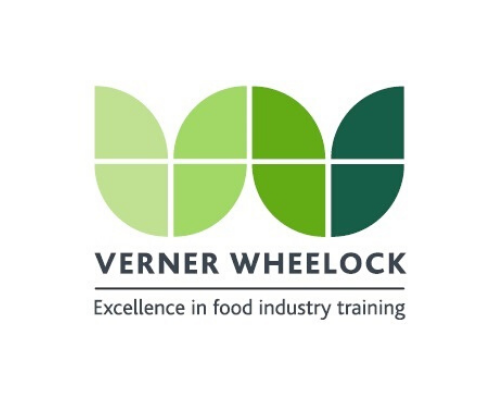Creating Thermal Process Flavours
This unique laboratory based course gives flavourists a chance to step outside their normal daily activities and really focus on the components and construction of a savoury flavour undertaking practical experiments with process reaction flavours, enzyme modified flavours and topnotes.
They will have the opportunity to go back to basics to examine the interaction between the components and study synergies and clashes, understand how a flavour functions in the final food and trace that performance back to individual components within the formula. An essential element built into this course is the emphasis on creativity and how it can be stimulated and used to give fresh impetus to the role of the flavourist.
A Guide to the Science and Technology of Reaction Flavours
Delegates will have the freedom to create their own thermal process flavours which are then applied and evaluated in relevant foods.
This 5-day course will provide delegates with the following:
- The knowledge to develop a variety of thermal process meat flavours.
- The skill of evaluating a reaction flavour and changing it to create the desired flavour notes for the target market.
- An understanding of the principles governing the science, reaction and application of thermal process flavours.
- An understanding of the raw materials and process parameters used in the production of thermal process flavours such as beef, chicken, pork, lamb, roast, boiled, bouillon etc.
- The sensory methodology and descriptive language used in the evaluation of thermal process flavours.
- The application and evaluation of meat process flavours in various food products.
- An insight into the use of enzymes to generate ingredients for use in process flavours technology.
- The use of thermal process flavour technology to generate sweet brown products such as chocolate, malt and caramel.
- An understanding of the legislation affecting thermal process flavours on a global basis
Delegates will leave the course armed with a savoury flavours toolkit and be capable of creating their own savoury flavours within their organisations on return to work.
The course is intended for graduates working in NPD and flavour technology in the food, seasonings and flavour industries – an understanding of chemistry would be an advantage but is not essential.
It will be very much a ‘hands-on’ course with laboratory sessions interspersed with lectures throughout the day. Candidates will develop and compound their own flavour systems during the course and will apply their creations to a range of food products.
Course topics will include:
- The chemistry and use of the Maillard reaction to create thermal process flavours.
- The Science and application of the Maillard Reaction in food products.
- The origins and use of flavour precursors compounds in thermal process flavours.
- Hands-on laboratory sessions on the creation of red and white meat flavours and advice and guidance on the development of sweet brown flavours.
- The use of enzymes to produce flavour precursors and natural sources of umami that can be applied to thermal process flavours.
- The use of proteolytic and lipolytic enzymes to produce dairy flavours, including enzyme modified cheese flavours.
- Sensory laboratory sessions and the use of descriptors to evaluate process meat flavours on their own and applied to food products.
- Raw materials used in reaction flavours including reducing sugars, amino acids, HVP’s, yeast extract fats and oils, stocks, flavour enhancers, smoked ingredients, grill products, vegetable powders, natural umami ingredients, meat extracts, herbs, spices, seasonings.
- Process technologies and flavour delivery systems including spray drying, extrusion, oven drying, coacervation, molecular encapsulation and bio-encapsulation.
- Legislation affecting thermal process flavours in the EU, USA, Japan, Australasia, South America and other regions.
- Natural flavours – their definition in EU legislation and those flavourings classed as natural in different regions of the world.
- The identification and application of savoury solutions for plant proteins to address the demands of the vegan foods sector.
The course tutors are Professor David Baines and Mr Richard Seal, both experts in the field of savoury flavours.
Location(s):
Verner Wheelock Associates Ltd, Skipton, North Yorkshire
For more info or to book:
